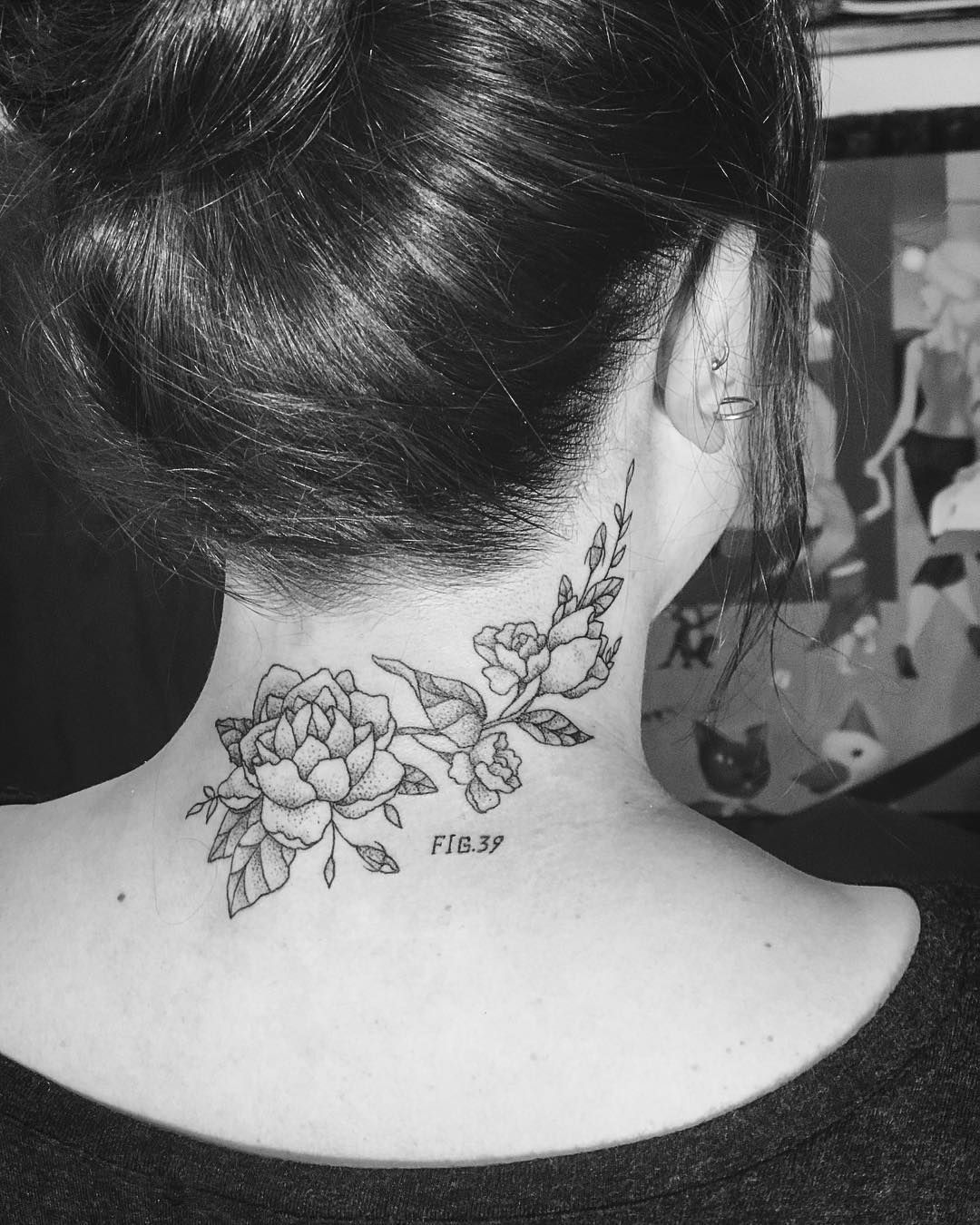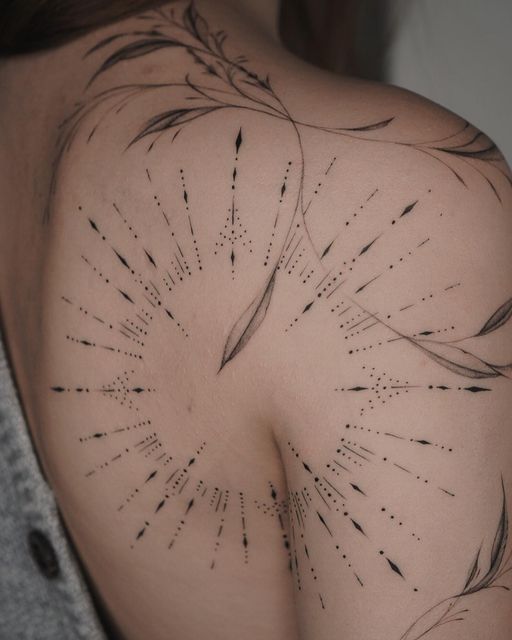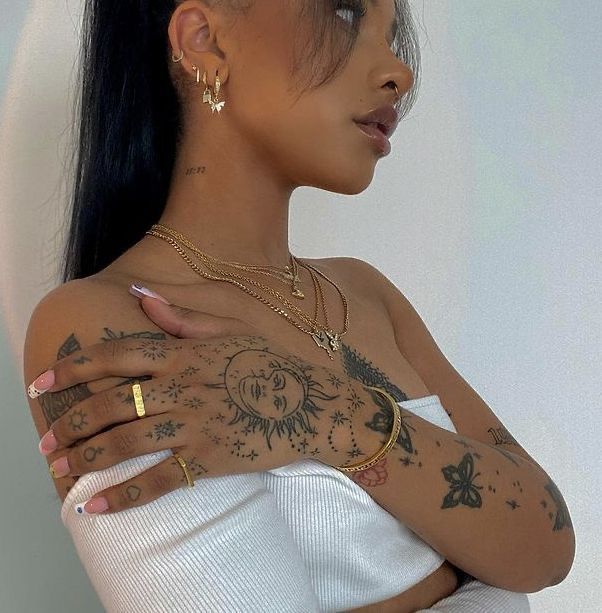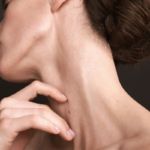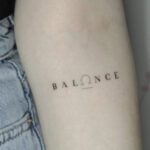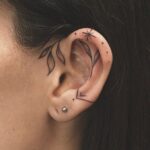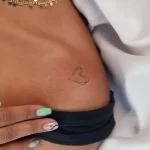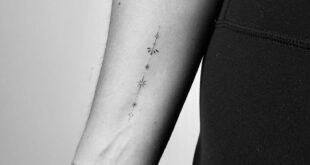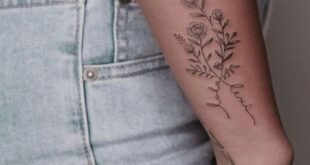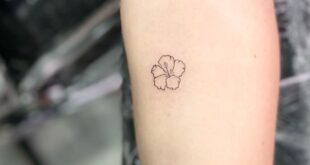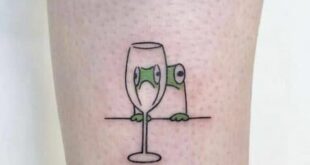Tattoos have been a form of self-expression for centuries, and in recent years, they have become increasingly popular among women. While tattoos were once seen as a predominantly male-dominated form of body art, women are now breaking down barriers and embracing tattoos as a way to express their creativity and individuality.
Tattooed women come from all walks of life and have a variety of reasons for choosing to get inked. Some women get tattoos to commemorate a significant event or milestone in their lives, while others get tattoos purely for aesthetic reasons. Whatever the motivation, tattoos have become a powerful form of self-expression for women around the world.
One of the reasons why tattoos have become more popular among women is the increasing acceptance of body art in society. In the past, tattoos were often associated with rebellion or non-conformity, but now they are seen as a legitimate and beautiful form of art. With celebrities like Angelina Jolie and Rihanna proudly displaying their tattoos, women are more inspired than ever to get inked.
Tattooed women also often use their body art as a way to reclaim their bodies and challenge societal norms. In a world that often places unrealistic beauty standards on women, tattoos can be a way to take ownership of one’s body and create a sense of empowerment. For many women, tattoos are a way to showcase their individuality and break free from traditional gender roles.
In addition to being a form of self-expression, tattoos can also be a form of therapy for some women. The process of getting a tattoo can be cathartic and empowering, allowing women to process and heal from past trauma. The act of choosing a design and getting it permanently inked on their body can be a way for women to take control of their bodies and their experiences.
However, despite the growing acceptance of tattoos, some women still face judgment and discrimination for their ink. In some professions, visible tattoos can still be seen as unprofessional or inappropriate, leading to challenges for women with tattoos in the workplace. Additionally, women with tattoos may also face stereotypes and misconceptions about their personalities or lifestyles.
Overall, tattooed women are a diverse and vibrant group who are using body art as a form of self-expression, empowerment, and healing. As society continues to evolve and become more accepting of tattoos, we can expect to see more and more women proudly displaying their ink and embracing their unique identities. Tattoos are no longer just for men – they are for anyone who wants to make a statement and express themselves creatively.
 innstyled Tattoo Ideas
innstyled Tattoo Ideas
